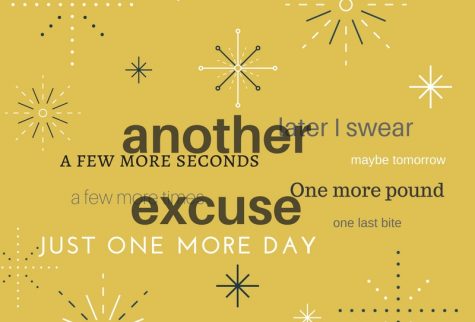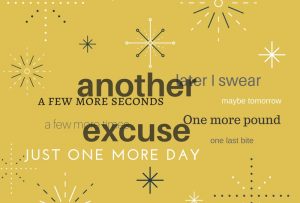How students are sticking to their New Years’ Resolutions
January 23, 2020
As the new year begins, people feel a uniting sense of change they want to make in their lives. Many make a New Year’s resolution, or an entire list of goals. Working out, eating healthier, reading more and drinking more water are all examples of goals set. However, all of these resolutions have one aspect in common: people tend not to stick to them.
According to a study conducted by the time-management firm FranklinCovey, one-third of people with a resolution don’t make it past the end of January, for a couple of reasons. It could be a resolution stemming from a trend or popular opinion; it also may be too vague to achieve, or it may have been planned unrealistically.
“My resolution this year is to drink more water, eat better, and be healthier by working out more often,” sophomore Meghan Maier said “I feel like having multiple components will make me more able to achieve it. I got a clipboard and paper and I created a calendar for workouts, so I do a certain type of workout every day. Then for lunches, I’ll bring healthy foods, my lunch will have almost every food group and then maybe one little treat.”
The Management Review Journal advised creating a SMART goal, which is an acronym for specific, measurable, achievable, relevant and time-bound. This system can help keep a resolutioner on track to succeed and may improve goal-setting skills.
“Starting in February, I want to get into the process of eating more vegetables and I’m going to start working out five days a week,” sophomore Audrey Trammell said. “It’s not a burden to do these things because they are what I enjoy doing. The goals themselves are the inspiration.”
A well-planned resolution comes from an encouraging source and is planned to fit within the resolutioner’s daily schedule. It also has to make room for the inevitable obstacles and challenges many face along the way of achievement.
“Sometimes it doesn’t feel like doing certain things will bring on any change,” Trammell said. “It feels like you do something and then it doesn’t make any difference, but if you keep at it, it really does change your life.”













